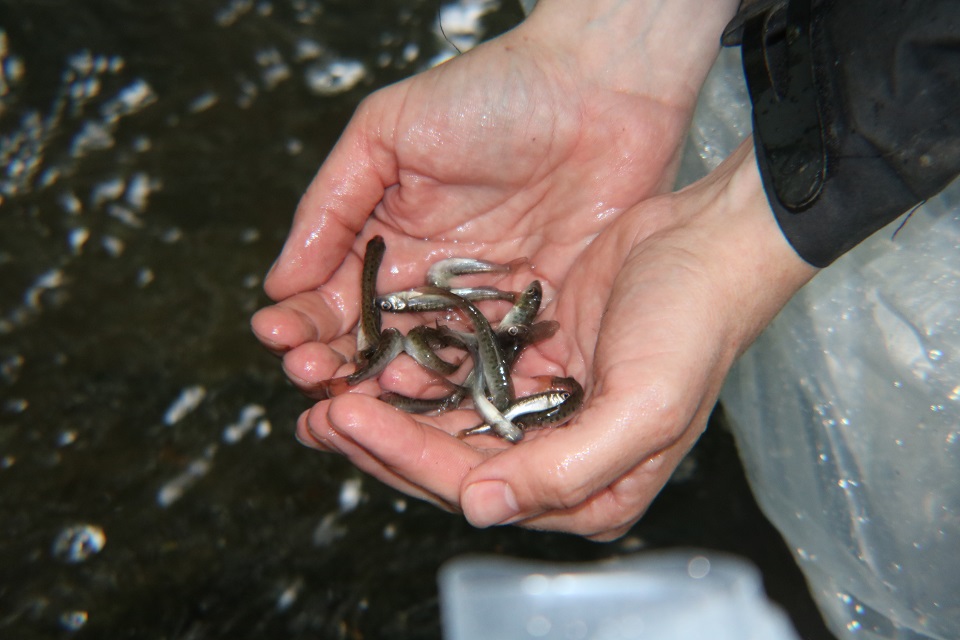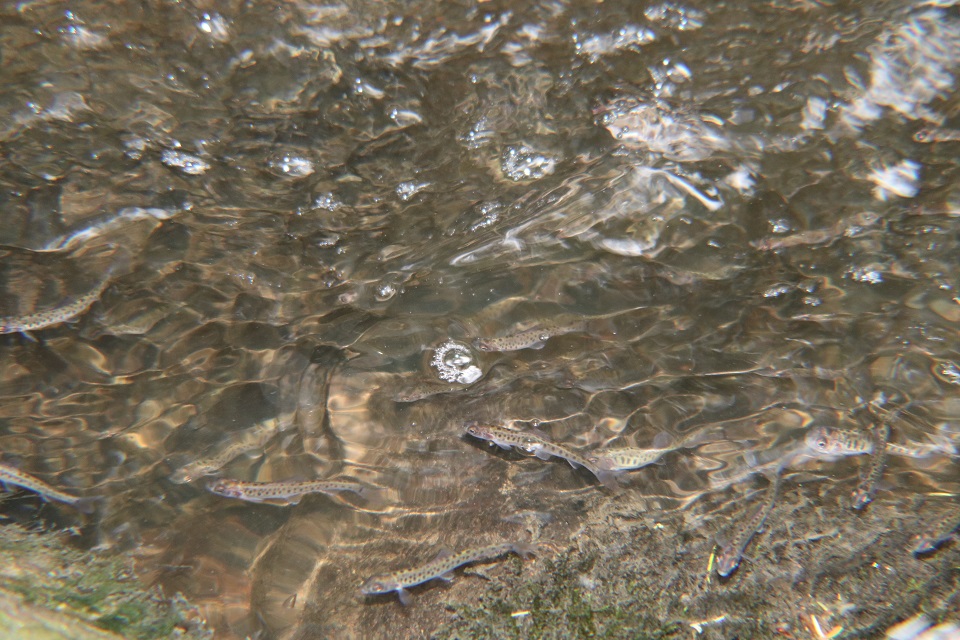Press release: Water abstraction lie costs farm business £5,500
Lakenheath farming business N&M Sizer lied about how much water it abstracted, fearing it would lose its licence or have its abstraction limits reduced.
In doing so, the company falsely stated that it had extracted more water than it was allowed to under the licence which resulted in an investigation by the Environment Agency.
The company had actually taken very little of the allowance as its crops at the time did not need spray irrigation, Ipswich Magistates’ Court heard today (30 May).
It fined the company £3,000 for the deception and ordered it to pay £2,531 costs.
Mrs Megan Selves, prosecuting for the Environment Agency, told the court the company had been worried that as it had not taken much water it would lose the right the following year to take what the licence allowed.
However, she said that any reduction in future abstraction or any revocation of licence would not be done without looking at about 10 years of records and without discussion with the licence holder.
Any assessment would only be carried out when the licence came up for renewal or if there was evidence that the licence is causing environmental damage. The licence for N&M Sizer Ltd expires on 31 March 2027.
Mrs Selves said that water meters at the company’s site, Bedford Fen in Sedgefen, had been re-calibrated to corroborate the figures submitted to the Environment Agency in a ‘determined effort to mislead’.
She said the company’s actions had been deliberate and a ‘flagrant disregard for the law’ and although there had been no environmental impact, the company had falsified its figures giving a false impression of how much water had been taken from the environment.
Mrs Selves said the company had shown remorse and co-operated with the investigation.
N&M Sizer Ltd pleaded guilty to:
Charge: On or before 30 November 2015 you furnished information to the Environment Agency pursuant to section 201 of the Water Resources Act 1991, namely the water abstraction return for 2014 to 2015 for licence 6/33/39/*S/0496/R01 for abstraction points A, C, D, E and F, and in the said information made a statement which you knew to be false or misleading in a material particular, namely that you had abstracted 153,360 cubic metres of water.
Contrary to section 206(1) and (5) of the Water Resources Act 1991
Media enquiries: For East Anglia press office please contact (24 hours): 0800 917 9250

